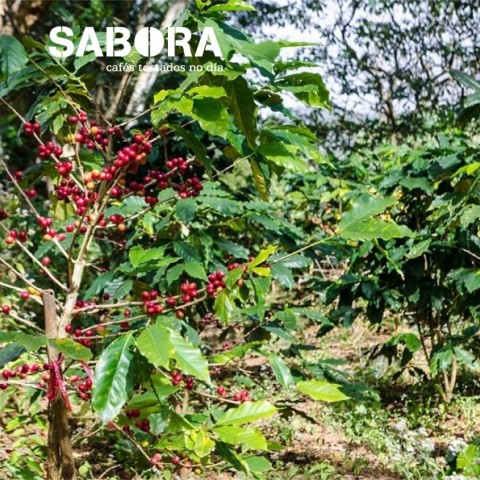0
Organic coffee must follow strict farming requirements.
The chosen farming method must not use pesticides or chemical fertilizers avoiding health secondary effects.
It avoids the accumulation of those chemical products in the coffee bean and in your body.
On the other hand, without pesticides and chemical fertilizers organic coffee is contributing to get a safer environment.
What is the difference between an ecological coffee and organic coffee?
There are two different ways to call the same coffee and its use is determined by the different country rules.
For instance, in Spain it is compulsory to name this coffee “ecological coffee” when tagging the product, on the other side, in other countries this kind of coffee is called organic coffee.
It is important to highlight that its ecological production is more respectful with the environment, and avoids the arrival of pesticides or chemical products to the plant organism. These chemical products can be then transferred to the human body due to its consumption.
It is then clear that using one name or other we are talking about the same product.
The first conclusion could be that sowing and cultivating ecological coffee has several benefits both for the environmental sustainability and for the health conservation.
Have you ever heard about the coffee under the shadow concept?
Maybe you are thinking: what about this concept and the ecological coffee?
The coffee tree placed under the shadow allows cultivating the coffee tree not using pesticides and chemical fertilizers. It is the first step to cultivate ecological coffee.
In organic or ecological agriculture, plagues must be ended by not using chemical products such as pesticides or herbicides.
The wildlife, specially birds, bees or bats who are living in the trees which offer shadow to the coffee, find good conditions to get developed in farms or coffee under the shadow.
As a result water contamination is avoided; the soil richness conservation, the wildlife, flora richness and diversity are kept.
The wild animal´s population work is taken in advantage to keep far away pests and insects which are harmful for the coffee trees.
In some areas bats and bees do a very important job to keep controlled more than 200 kinds of insects who love berries from where the ecological coffee is obtained.
Organic coffee cultivation needs small parcels and follows international production and industrial rules which are verified by a certification system which guarantees the coffee traceability free of chemical products from the origin country until the transformation which is done in Europe.
Ecological coffee has been certified in origin and when it arrives to Spain for the process, the certification chain follows it and gets it always controlled.
This cultivation respects the environment and it improves its nearest areas life because it needs a labor in the area where the coffee trees are.
There are many production areas which support coffee, Peru or Mexico have supported this kind of certificated farming. Large organic coffees productions areas have helped to provision the big demand in international areas.
Other organic coffee producers, but in a minor scale, are Bolivia, Cuba, Guatemala or Honduras.
We get toasted ecological coffee in traditional ways in areas like Peru o Mexico. Its production totally respects the environment and the result is an excellent Arabic ecological coffee.
Its sweet taste, good body, brown cream are features highlighted in an organic coffee. A non-caffeine version is available which is called ecological decaffeinated coffee.
To end up it is important to say that we really like ecological coffee and that the organic farming follows these principles:
-
Friendly environment: respecting and protecting the environment using production techniques which are in armory with nature avoiding the natural resources destruction.
-
Socially fair: it is oriented to improve the producer’s life quality and more employments are offered in the production areas.
-
Furthermore it is offered a high quality level as well.
If you like this post shares it on social networks. Please, do it, we will be grateful.
What do you think about ecological coffee?
Do you find differences with the one which have been cultivated in a more industrial way?

